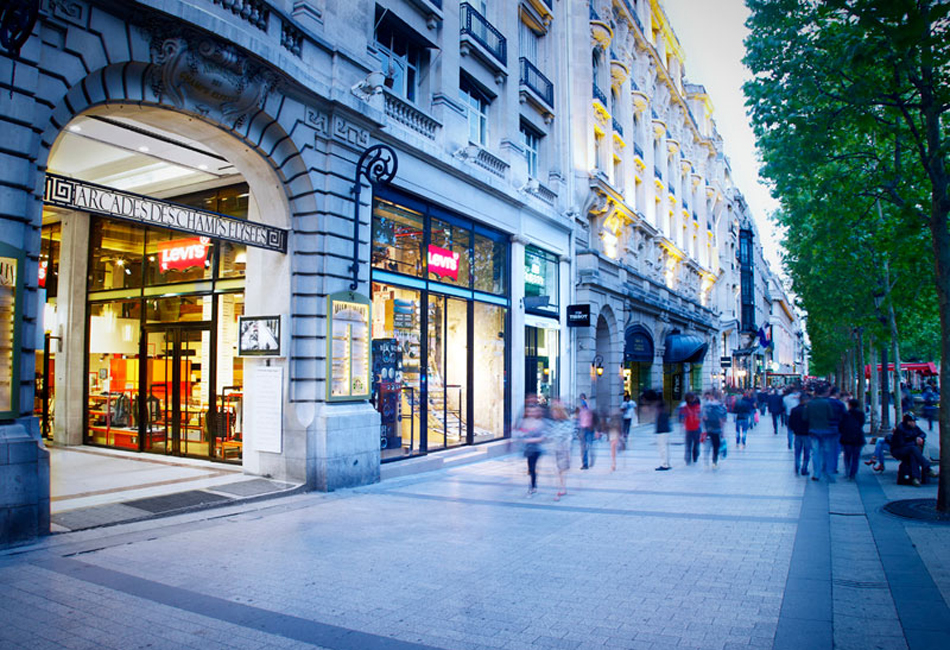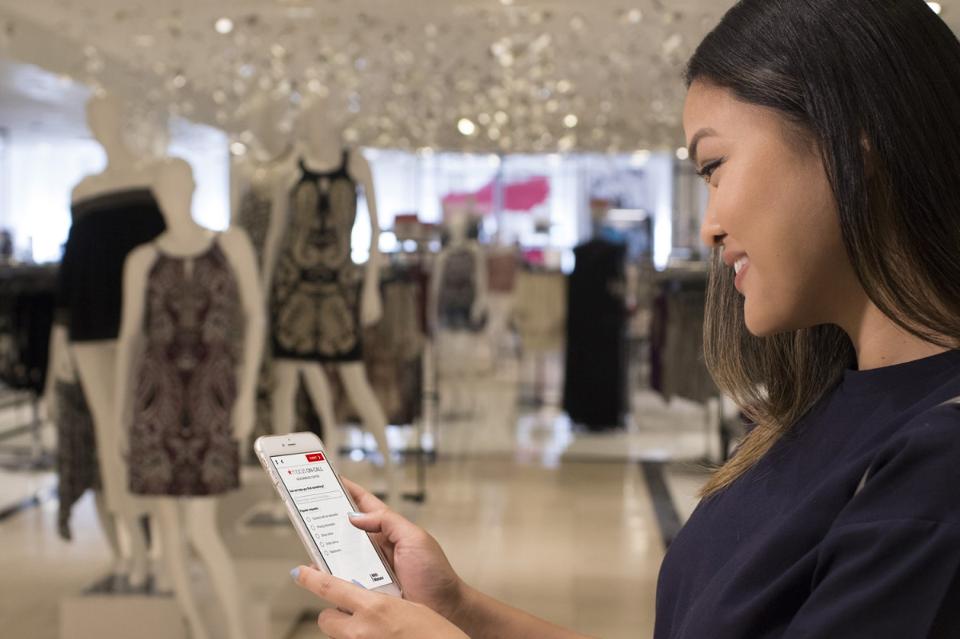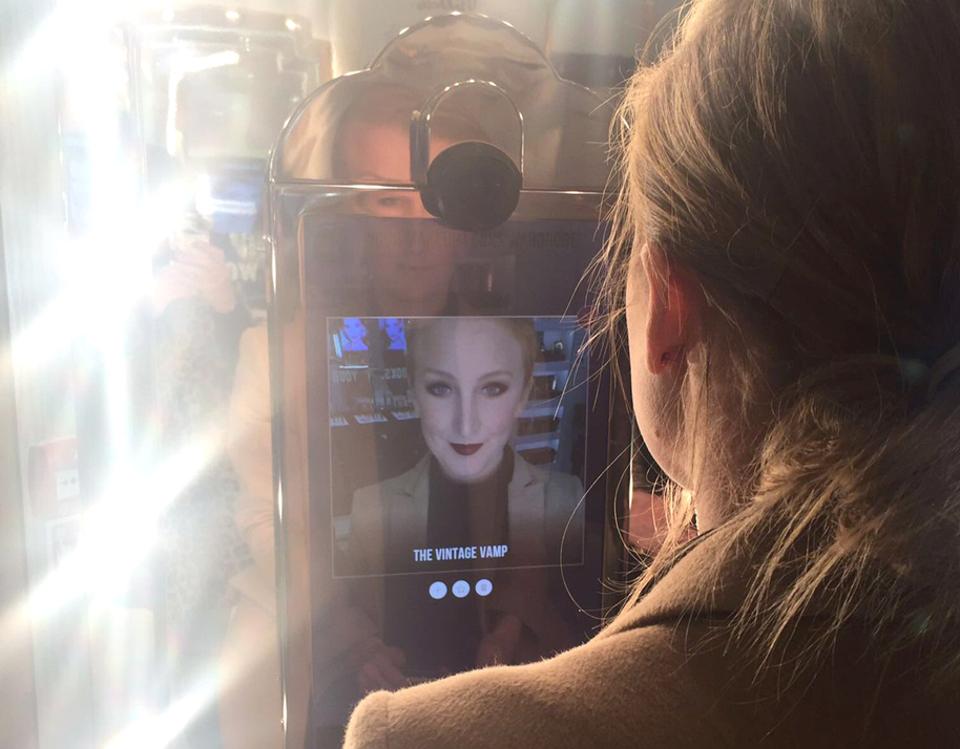The world of fashion retail is developing with high speed. And everyone who hasn’t already heard of virtual reality, blockchain or artificial intelligence, must have been living under a rock. However, when the digital revolution collapses with the fast-changing fashion luxury industry, then things start getting interesting…

Let’s face the details: The future of retail is mostly led by evolving global trends and today’s fast-past environment, which leads to more rapid decision making, as well as faster developments. Through a growing market, a seemingly never-ending globalization, and the hence increasing competition, consumer’s expectations are rising frequently. Consequently, the integration of new technologies, as well as a constant flow of innovation have become essential for businesses that aim to stay in the market for the next 20-30 years.
The digital economy defines one of the fastest growing sectors, aiming to make customer’s retail experiences, whether it be B2C or B2B, as simple and convenient as possible. Especially for luxury retailers, the future holds new ways of analyzing consumers and testing new technologies, with the intention to reach potential and existing customers more easily.
We gathered together the top three changes that the luxury fashion sector is developing, and which will take our future retail experience to a whole new level…
Collecting Data

Parisian high-fashion brands are now working together with tech companies, using smartphone frequency detectors and connected merchandising displays to get a more detailed data collection of their customers’ profiles. Facing the very competitive luxury sector, brands who analyze consumers shopping behavior, are able to connect better with customers by knowing exactly what they want – and need.
Brands, for example, could be able to analyze future shopping behavior by tracking the customer’s movements through the retail store. A French retailer already tracks down all the people who passed the brand’s window display. If the shopping experience takes place on the internet, brands have been using cookies for a while now to collect data online. Cookies are a piece of data that is stored in our browsers and allows the sender to see which websites we are visiting.
To be honest, this all does sound really extreme. And if you’re asking yourself now, if there is any respect left in terms of your privacy, then the answer will have to be a no. There were times when brands actually asked us, the consumer, before collecting data. These times seem to be long gone.
says Clémence Dehaene, co-founder of Retail & Digital 2.0, a tech start-up that specializes in motion sensors and screens, as well as other high-tech elements in luxury retail displays.
Machine-Led Customer Service

This “card” to play, might refer a new form of personalisation that brands are currently developing for their point-of-sales areas. Personalisation in terms of better – and faster – machine-led customer service. In future, labels will want to go back in time and connect with their customers on a more personal level. Basically, they want to know every single customer, for being able to provide the best service possible through intelligent technologies.
Brands such as Burberry, Tommy Hilfiger or American Eagle have already implemented a form of intelligent customer service through chatbots, a service tool on Facebook Messenger, Kik and other chat apps. These chatbots allow consumers to get a quick and easy customer service – provided online.
To raise the level of convenience for the shopping experience, stores have already been using a more frictionless style of shopping. An example would be the self-checkout that New York-based designer Rebecca Minkoff uses in her Soho store in partnership with Queue Hop, aiming to ease the shopping experience, especially for millennial consumers. Uri Minkoff, Rebecca Minkoff’s CEO states:
“More and more we are seeing millennials want to be in complete control of any and all of their shopping, and that includes payment.” She continues, “long gone are the days where you needed to depend fully on a sales assistant to request new sizes or to ring you up. We needed to continue finding ways to make her feel like she can have multiple experiences.”
Digital Realities

For the luxury fashion scene, digital realities are going to be a real game-changer in terms of a whole new shopping experience. They define a highly relevant tool, which will save time and costs, while helping both, businesses and consumers, in groundbreaking ways. The best example is Chinese e-commerce giant Alibaba, inviting customers to visit a Macy’s store via VR to try different looks and pay by doing a simple nodding at the end…
Virtual screens that will show you if your size is still available, virtual fitting rooms, as well as interactive self-check outs – The future of retail in the fashion business holds a lot in store for us! And although some of us might still prefer face-to-face customer service and cherish the old patterns, sooner or later, we will all have to go with the change.






